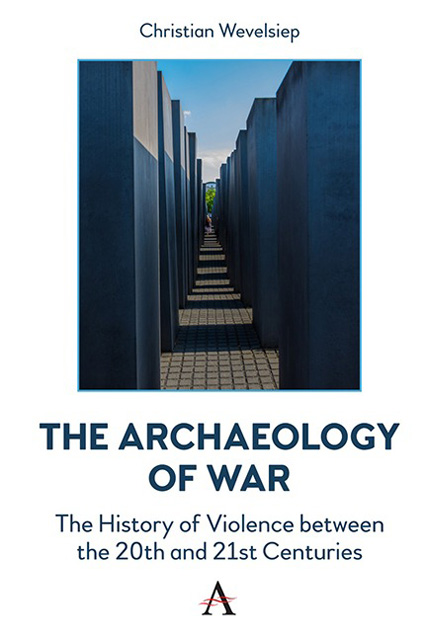Part II - Dark Spots In History
Published online by Cambridge University Press: 17 October 2023
Summary
The present reflections face a challenge: to present historical insights whose trajectories have long been known. The dark spots at issue – colonial, fascist and totalitarian violence – are preserved in historical memory and are activated on a case-by-case basis, for learning occasions or communal commemoration. So what is the point of reconstructing them in the context of a philosophical enquiry?
In the present case, the choice of viewing history is in question. Of all the questions that besiege consciousness in the face of extreme violence, one task needs to be named: Can we transfer the history of the past into a form of narration that comes close to the claim of historical meaning-making? On closer examination, the history of violence breaks down into myriads of ‘small’ but significant stories that are sometimes handed down and sometimes forgotten. From this ground of singular experience, an overarching structure could be conceived that does not encompass all individual episodes, but describes a horizon of the historical in which all individuals can find themselves.
This horizon brings to light something that is novel and remarkable: the narrative competence of a historically enlightened consciousness. This competence includes questions to history that every generation must ask anew: how outbreaks of violence occurred and what explanations one has at hand; how inexplicable and incomprehensible situations of violence could unfold and how they affected the psyche of contemporaries, not least the questioning desire not to repeat the transgressions of the past.
In other words, it is moral concepts of historical consciousness that give validity to the talk of narrative competence. However, one must add: the difficulty is not the complete clarification of the past, but the confrontation with the dark and unfathomable of human relations of violence. One must try to put the past into a narrative form and at the same time acknowledge that these stories are filled with voids. The entanglement in the history of violence and the stuttering of the course of history must be considered at all times.
Nevertheless, it makes sense to link the transitions between the centuries with the claim of historical meaning-making. In the same way that individuals communicate about their past and want to tell their own history, the twentieth century could be described in terms of its history.
- Type
- Chapter
- Information
- The Archaeology of WarThe History of Violence between the 20th and 21st Centuries, pp. 31 - 36Publisher: Anthem PressPrint publication year: 2023



